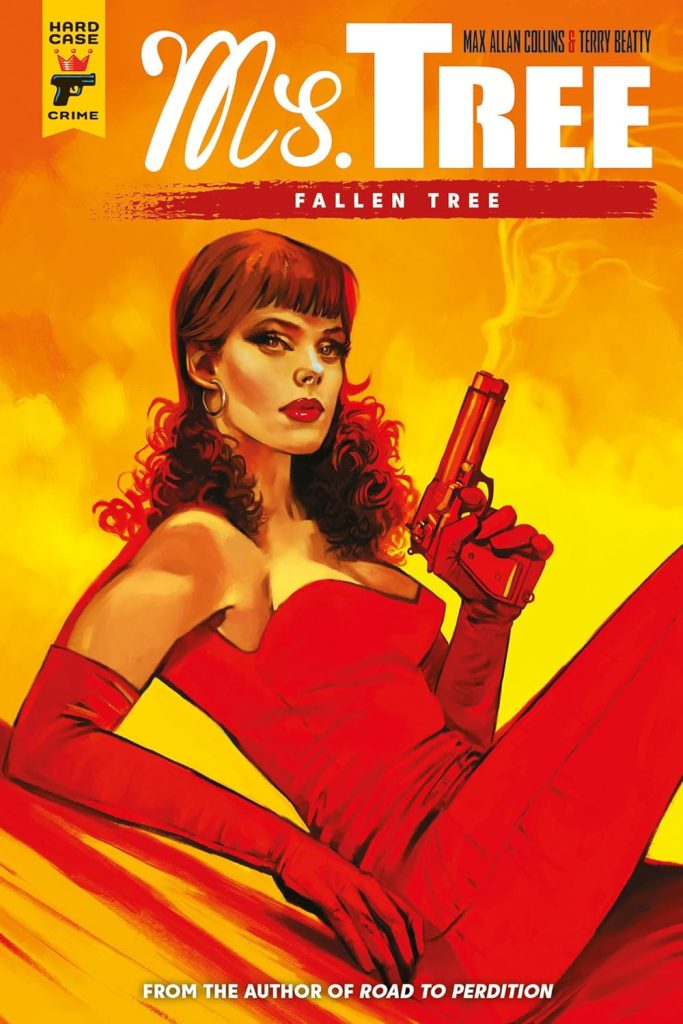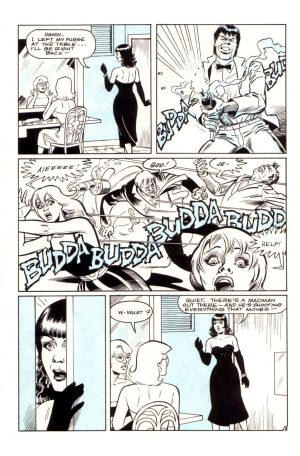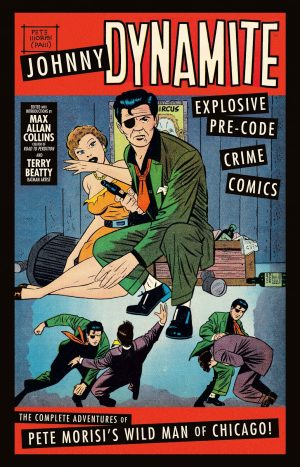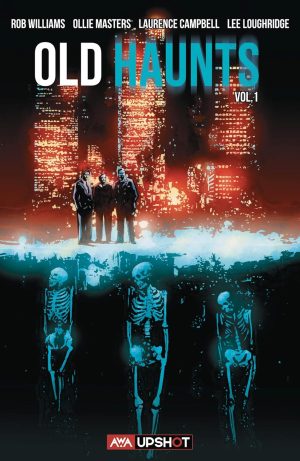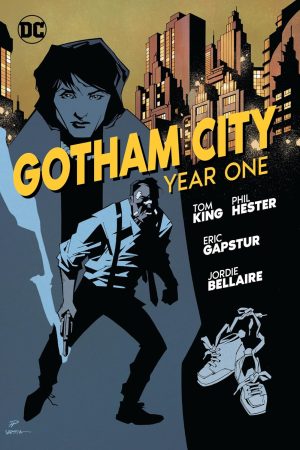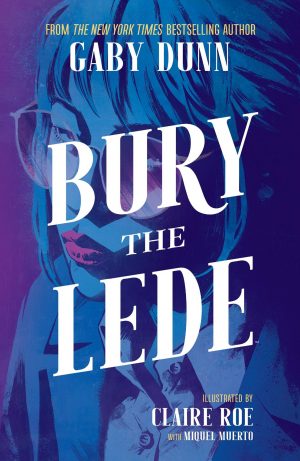Review by Frank Plowright
Fallen Tree is the final collection of Max Allen Collins and Terry Beatty’s stories about the harder than steel private detective Ms. Tree. It picks up after the slaughter of Heroine Withdrawal, with most of Ms. Tree’s enemies passed on or out of action, allowing her some down time in the opening episode. Unfortunately, things rarely downgrade to quiet and peaceful for Ms. Tree, and that makes no allowance for a New Year celebration. It’s packed with clever little touches, the attacker anticipating slip-ups in advance, and has a brilliantly rapid and violent ending.
That, though, is just the appetiser and the main plot begins with the murder of Ms. Tree’s father and her investigation into the circumstances. Some police colleagues believe he was crooked based on what could be planted evidence, something Ms. Tree can’t accept, so she begins her own investigation.
It’s worth noting that by this stage of his career Terry Beatty has evolved into a very good artist. He’s always had an excellent sense of how to lay out a story for maximum impact, but earlier problems with people looking posed and not conveying emotional expressions are a thing of the past. The single colour shading applied to black and white artwork is also far more subtle in adding depth, and the occasional technique of factoring in modified photographs for street locations is also effective. The sample page shows how Steve Ditko influences the art.
The second longer tale has Ms. Tree’s adopted son Mike abducted from a private school along with the companion he’s been sneaking out with. From that Collins builds a comprehensive set of dangerous misunderstandings. It’s followed by another teaming with Mike Mist, whose former detective partner has been murdered. It’s Collins’ Agatha Christie homage, gathering a group of people on a cruise liner, then having people die before a big revelation. In every case Collins plots toward a selection of impressive chapter ending cliffhangers, although his actual story endings are extremely rapid, and he’s not one for an epilogue.
Surprisingly, the title story is the shortest since the opener, but there’s an incredible tension for knowing it’s the final Ms. Tree story from the 1980s. Would Collins really end the series by killing his title character? She’s certainly not looking in good health by the halfway point. Rather than being the usual taut crime story, Collins takes a stark departure by presenting Ms. Tree in Hell confronted by all those she’s killed. The supernatural intrusion underlines a toughness, but it’s the weakest story here due to the fanciful nature applied to a character whose success depends on her being grounded. There’s another really rapid ending as well.
When originally published the final story was accompanied by a selection of art congratulating Collins and Beatty on reaching fifty issues, which was some milestone for an independent comic in 1988. It’s a shame some of the better pieces weren’t reprinted here, although the reason is probably a desire not to cause offence by omitting weaker illustrations.
After six volumes any reader is going to know whether or not Ms. Tree features their type of hard-bitten crime, and this is another notable selection. Although the final volume, later stories appeared in the first, One Mean Mother.
